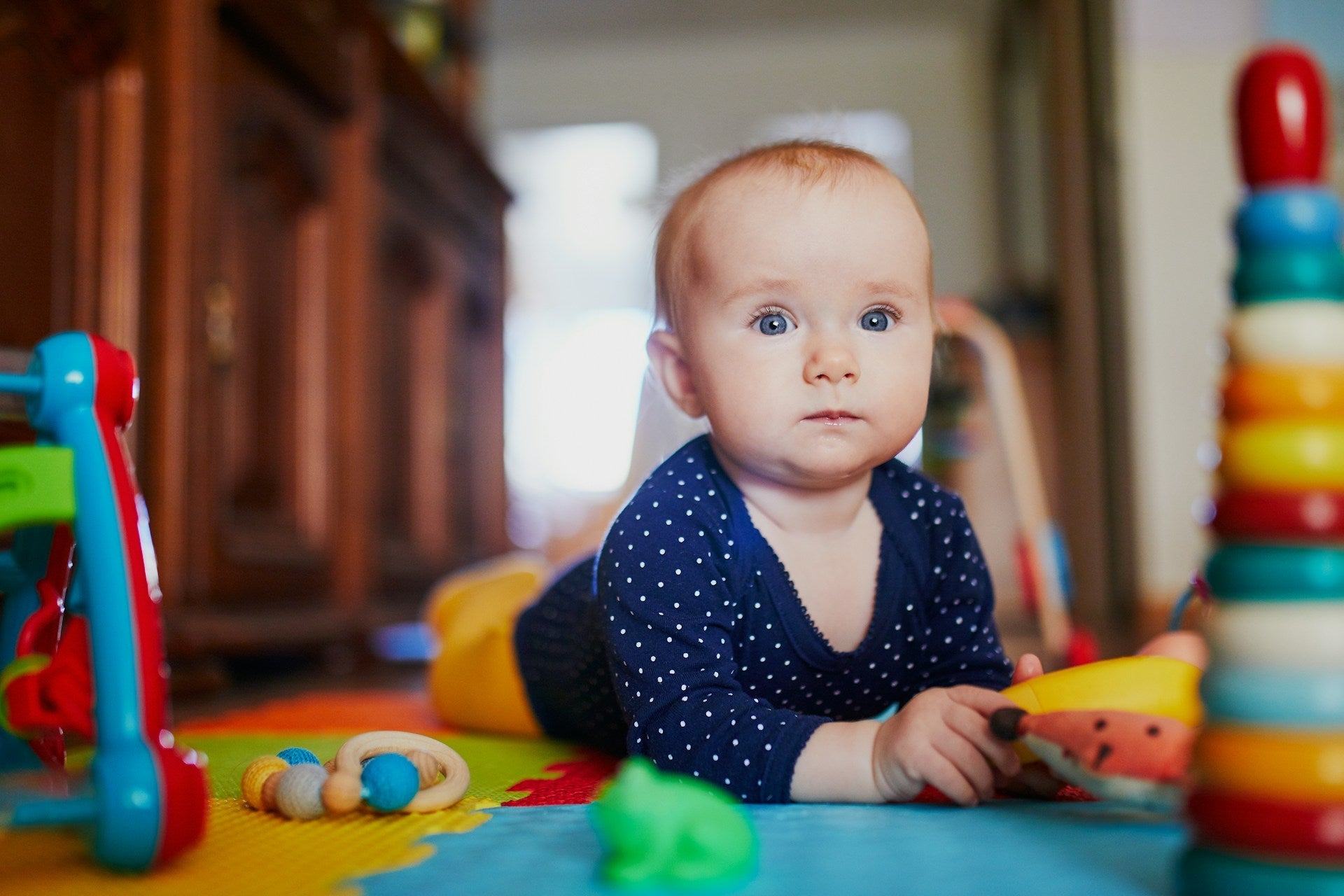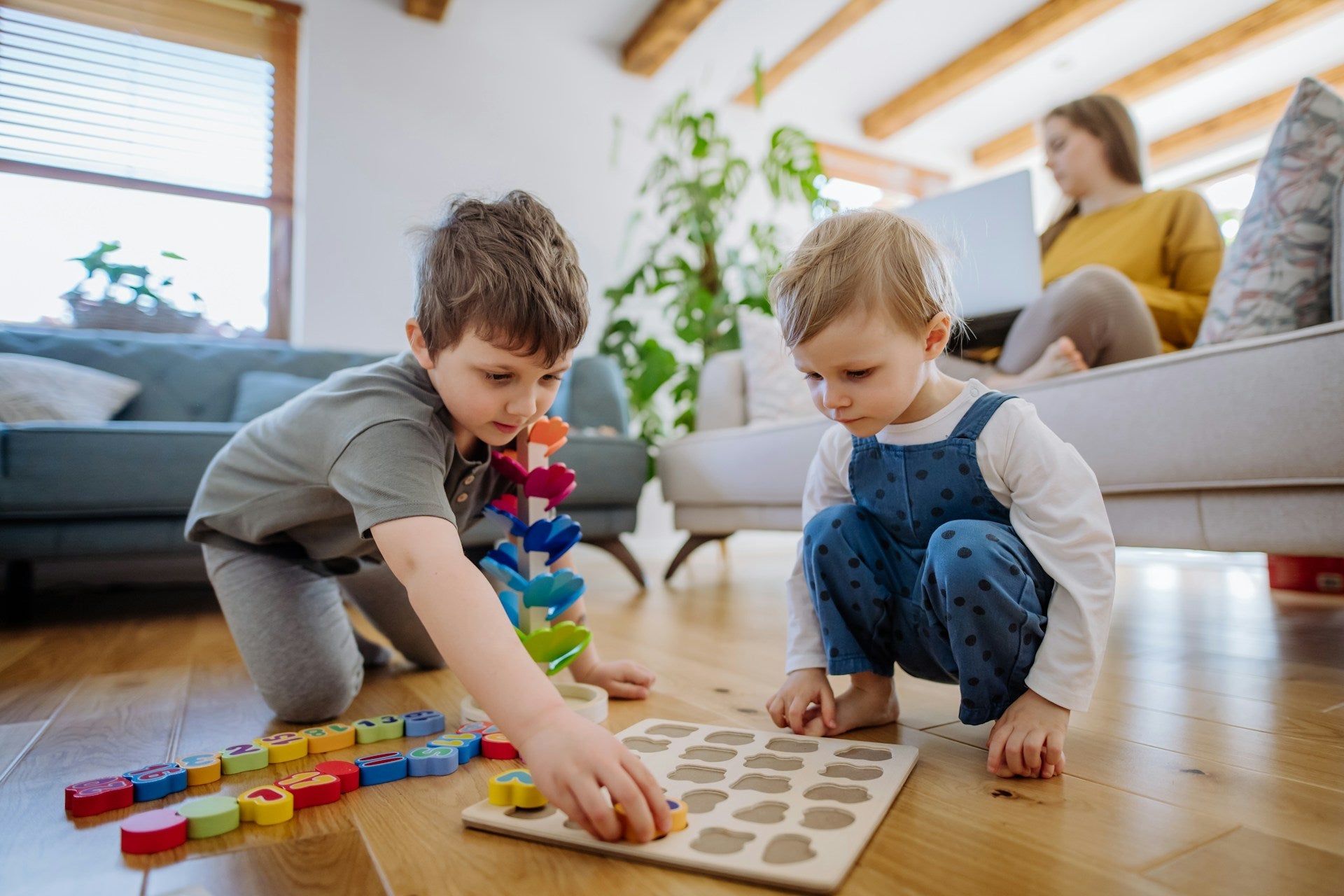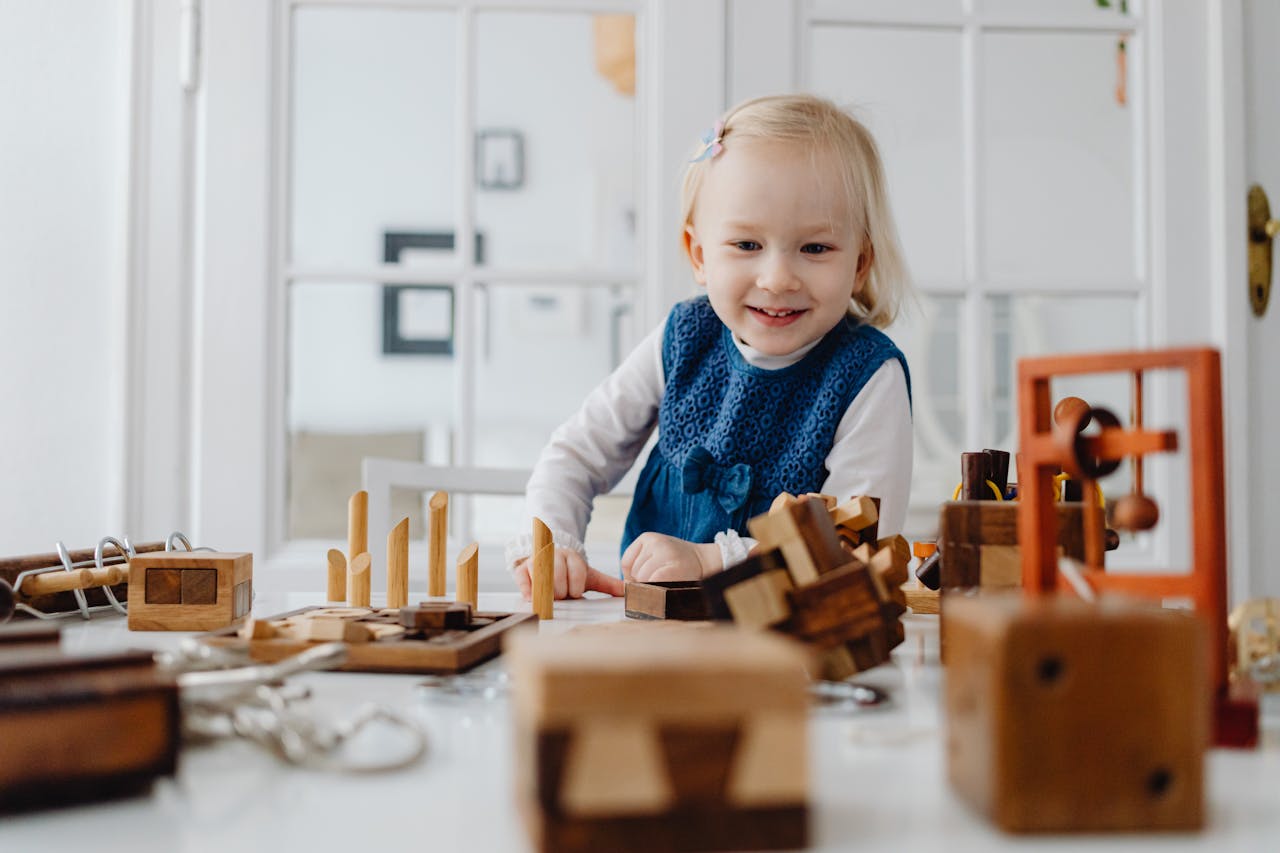Key Milestones in Your Child’s First Year and How to Support Them

The first year of your child's life is a fascinating period of growth and discovery. As new parents, experiencing your baby's journey from newborn to one-year-old can bring incredible joy and many questions. Understanding the key milestones during this stage and how you can support them is crucial for fostering a nurturing and loving environment.
From learning to grasp objects to recognizing familiar faces, each developmental milestone signals important changes in your child's abilities and awareness. Observing and encouraging these milestones helps build a strong foundation of skills essential for their future growth. It's pivotal to provide the right environment and encouragement to help them explore their capabilities naturally.
Keeping a watchful eye on their progress and knowing what to expect can give you the confidence to guide and support your little one every step of the way. By creating opportunities for them to learn and develop at their own pace, you'll ensure they grow into happy, curious, and capable individuals.
Understanding Developmental Milestones in the First Year
During your child's first year, they undergo remarkable transformations in various domains, including physical, cognitive, emotional, and social. Babies typically achieve several key milestones as they adapt to the world around them. Keeping track of these progressions can seem overwhelming, but understanding them can help you better support your child's growth.
In the first three months, newborns focus on basic reflexes and adapting to their new environment. They begin to lift their heads and track movements with their eyes. Socially, they start to recognize familiar faces and respond to voices. By four to six months, babies achieve greater mobility, rolling over and grasping objects. These actions are steps toward developing coordination and strength.
From seven to nine months, babies become more interactive. They can sit unaided and might start crawling. Babbling becomes more advanced as they experiment with sounds. By their first birthday, most babies can pull themselves to stand and may take their first steps. They often use simple gestures like waving and start understanding simple instructions.
Every child is unique, so it's important to see these milestones as guidelines rather than strict benchmarks. Providing a supportive, explorative environment allows your baby to reach these developmental stages at their own pace comfortably.
Supporting Physical Growth and Motor Skills
Physical growth and motor skills evolve rapidly during the first year. These advancements involve gross motor skills, like crawling or walking, and fine motor skills, such as grasping and holding objects. Encouraging your baby in these areas sets a foundation for future physical activities.
1. Tummy Time: Encourage tummy time every day. It strengthens neck and shoulder muscles and prepares your baby for crawling. Start with short sessions and gradually increase the time as they become more comfortable.
2. Safe Play Areas: Ensure your home has safe spaces for exploration. Soft mats or rugs provide fall safety, and open spaces give your baby the room needed to practice moving.
3. Interactive Toys: Rattles, stacking blocks, and soft balls stimulate fine motor development. These toys also encourage hand-eye coordination.
4. Encouragement to Move: Encourage your baby to reach for toys during play. This action promotes stretching and enhances flexibility.
5. Support for Standing: Offer sturdy furniture or railings for babies to pull themselves up. As they build confidence, they might take steps while holding on, transitioning into independent walking.
Provide a balance of structured playtime and free exploration to nurture both independence and core skills. Be patient and celebrate every small achievement as it builds the scaffolding for more complex movements ahead.
Encouraging Cognitive and Emotional Development
In the first year, babies make amazing progress in their cognitive and emotional development. Fostering these aspects is important for nurturing their curiosity and emotional intelligence. Cognitive development includes how babies think, explore, and figure things out. As they grow, they begin to understand cause and effect, recognize patterns, and solve simple problems. Emotional development involves recognizing and expressing emotions like happiness, fear, and surprise.
To support cognitive growth, offer toys and activities that stimulate your baby's senses. Simple activities like peek-a-boo and playing with soft, colorful toys can enhance their ability to focus and recognize faces and objects. Encourage exploration and curiosity by providing a safe space for them to discover new textures, sounds, and shapes.
Building emotional connections is just as crucial. Respond to your baby's coos and cries with warmth and reassurance. This interaction helps them feel secure and strengthens their bond with you. Regularly making eye contact, smiling, and using calming tones also build trust and teach them about emotional cues.
Montessori principles can help enrich cognitive and emotional growth by creating an environment where babies learn through exploration and play. Offering choices in activities empowers them to follow their interests, boosting confidence and engagement.
Creating a Nurturing Environment for Social Skills
Social skills develop rapidly during the first year as babies start to become more aware of the people around them. Encouraging these skills early helps shape their ability to interact with others effectively. Simple activities and situations can foster social growth and lay the groundwork for successful relationships.
Babies receive and process social cues from a very young age. Interacting regularly with family members, siblings, and other children introduces them to important social behaviors like taking turns and sharing. Encourage playdates and group activities where they can observe and join in.
Speak to your baby often, using gestures and facial expressions. This interaction helps them understand basic social communication and develop early language skills. Storytelling and singing encourage them to listen and learn the rhythms of conversation.
Practical life activities in a Montessori setting promote social skills as well. For example, setting the table or sorting laundry can be a small group activity where babies engage with caregivers and siblings. These shared tasks build a sense of community and cooperation.
By providing diverse social experiences in a nurturing environment, you'll support your baby's emerging ability to connect with others confidently and empathetically.
Conclusion
Guiding your child through their first year involves a beautiful blend of support, encouragement, and thoughtful planning. By focusing on key developmental milestones and providing an environment tailored to their needs, you're fostering a foundation for lifelong learning and emotional well-being. Montessori principles play a crucial role in nurturing this balanced growth, enabling your baby to explore their world with confidence and curiosity.
Hatchberry is here to assist you in creating these enriching environments with our range of Montessori-inspired products and expert guidance. Whether you're looking to boost cognitive development or nurture social skills, our offerings are designed to support your parenting journey with tested strategies and personalized coaching. Discover how Hatchberry can empower you to unlock your child's full potential.








